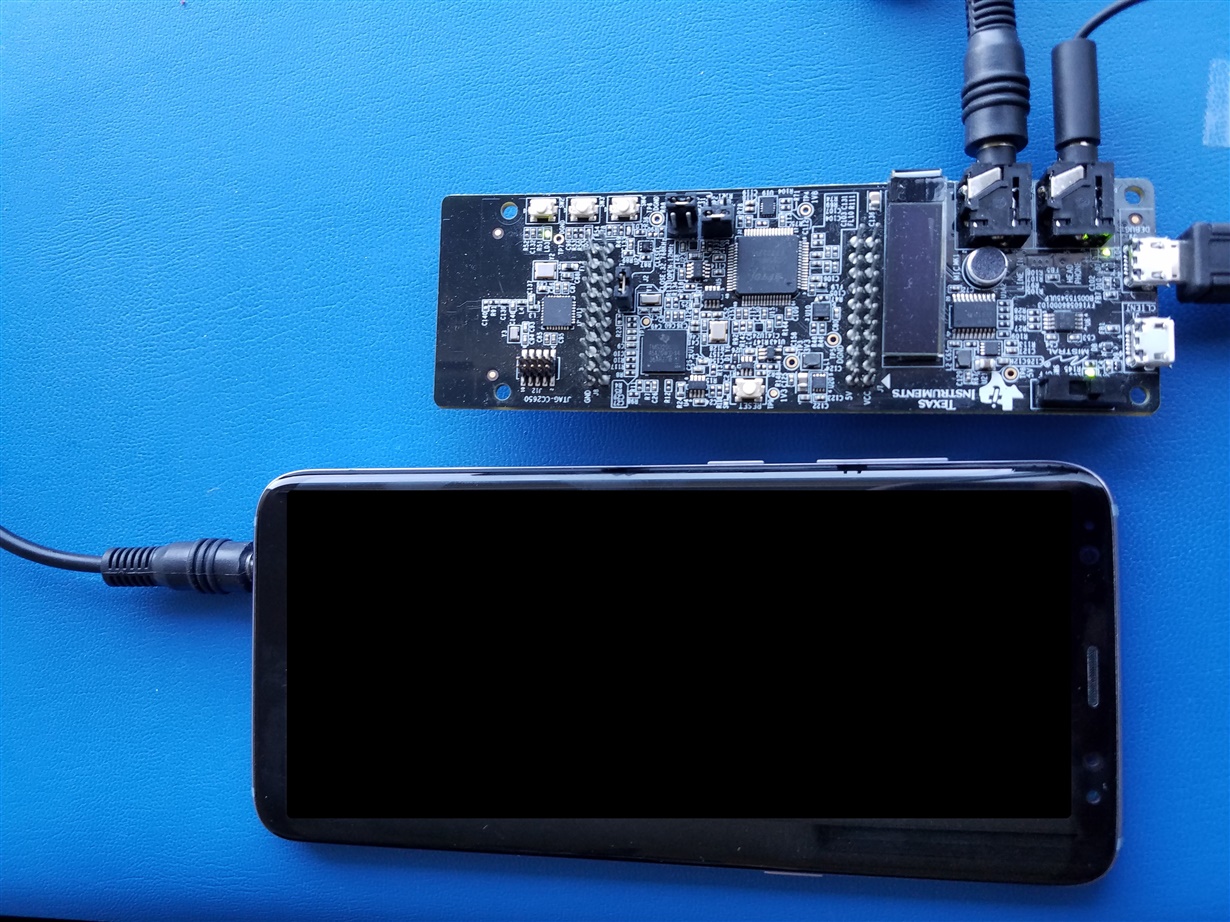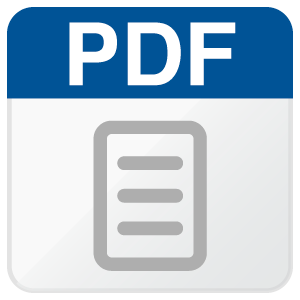Part Number: TMS320C5545
Tool/software: Code Composer Studio
Hi,
I'm beginner with this dsp stuff, I want to implement fir lowpass filter on dsp c5545 boosterpack, can you provide me a step by step guide instructions to do it using code composer studio v6. Thanks in advance
I'm giving analog input through line in, is there a function or c code to obtain the input data samples to use it in my fir function? I would like to run the code on ccs and hear the output from headphone output



